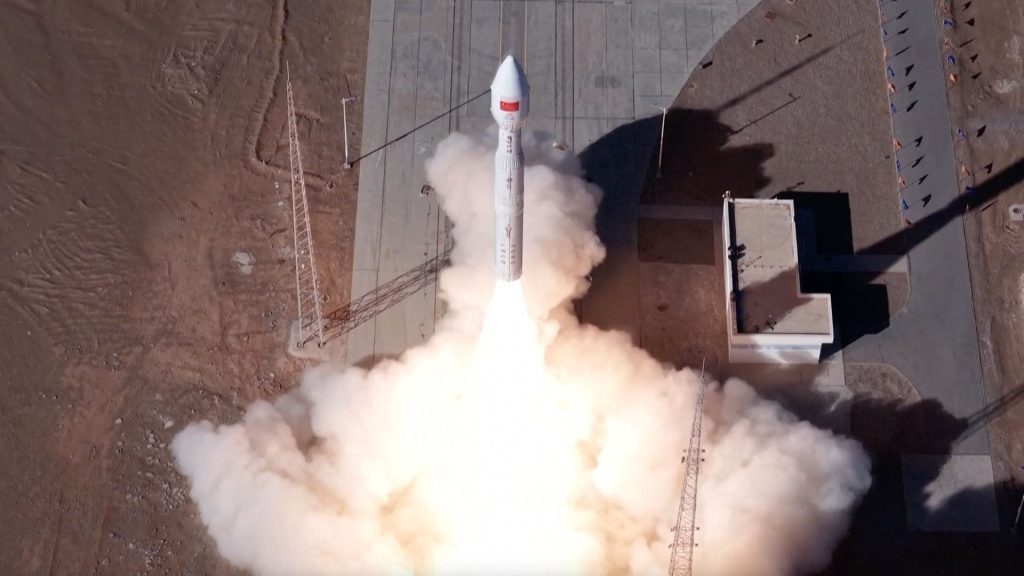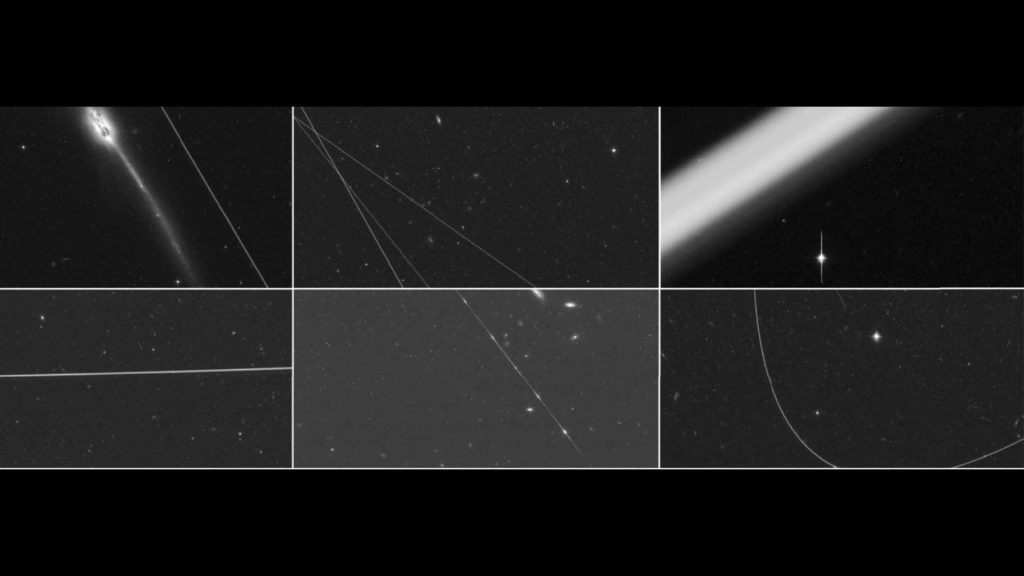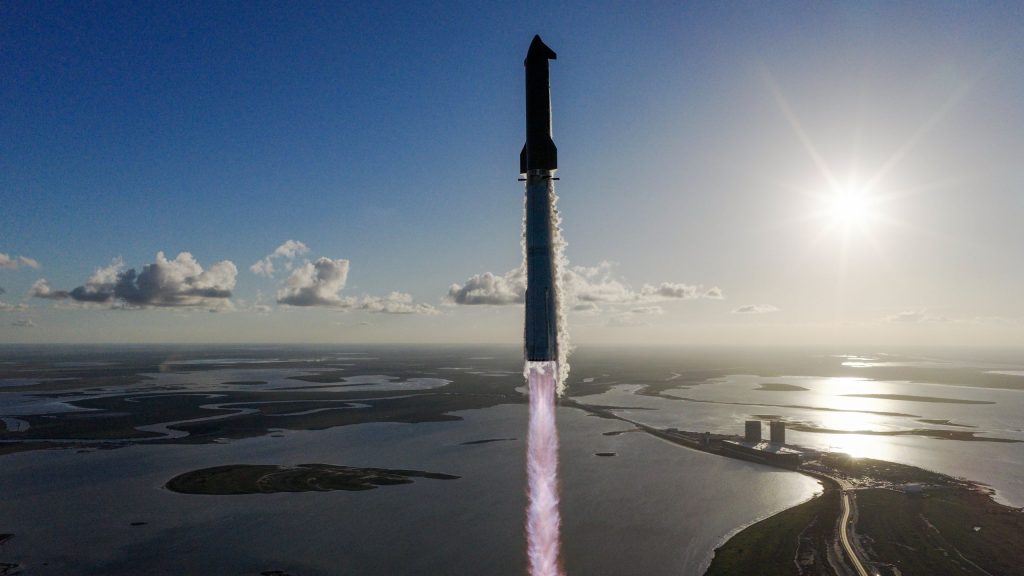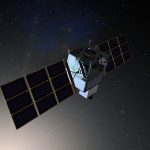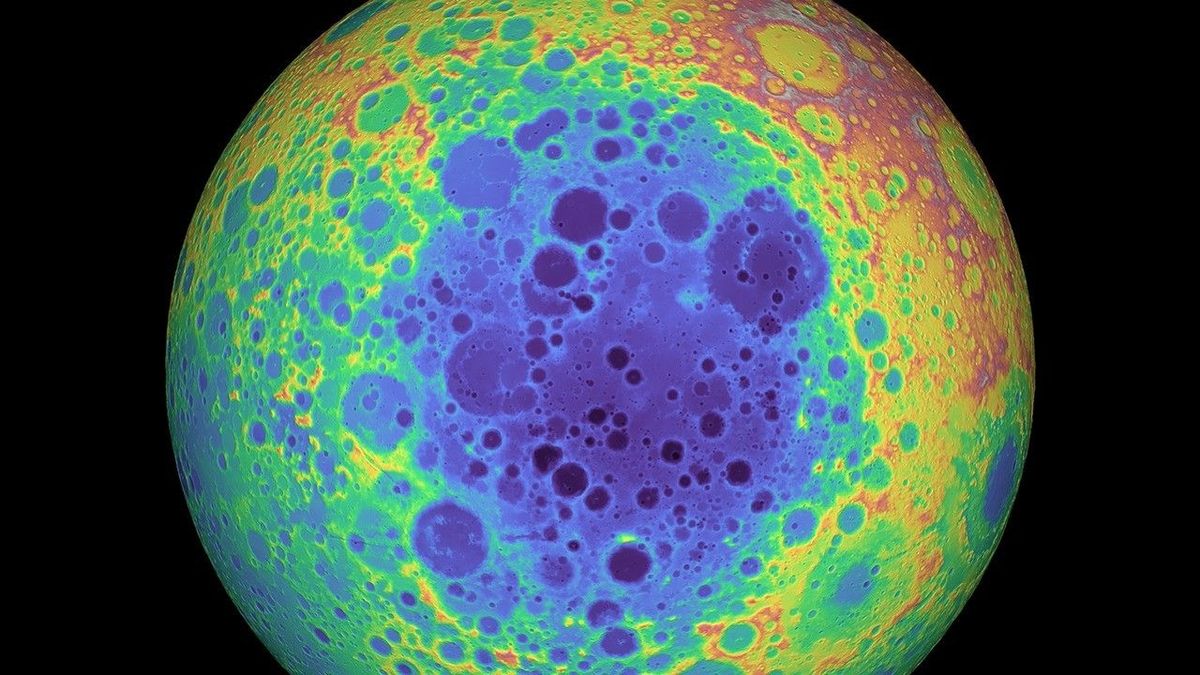Almost All Meteorites That Hit Earth Are Coming From the Same Three Places, Scientists Discover
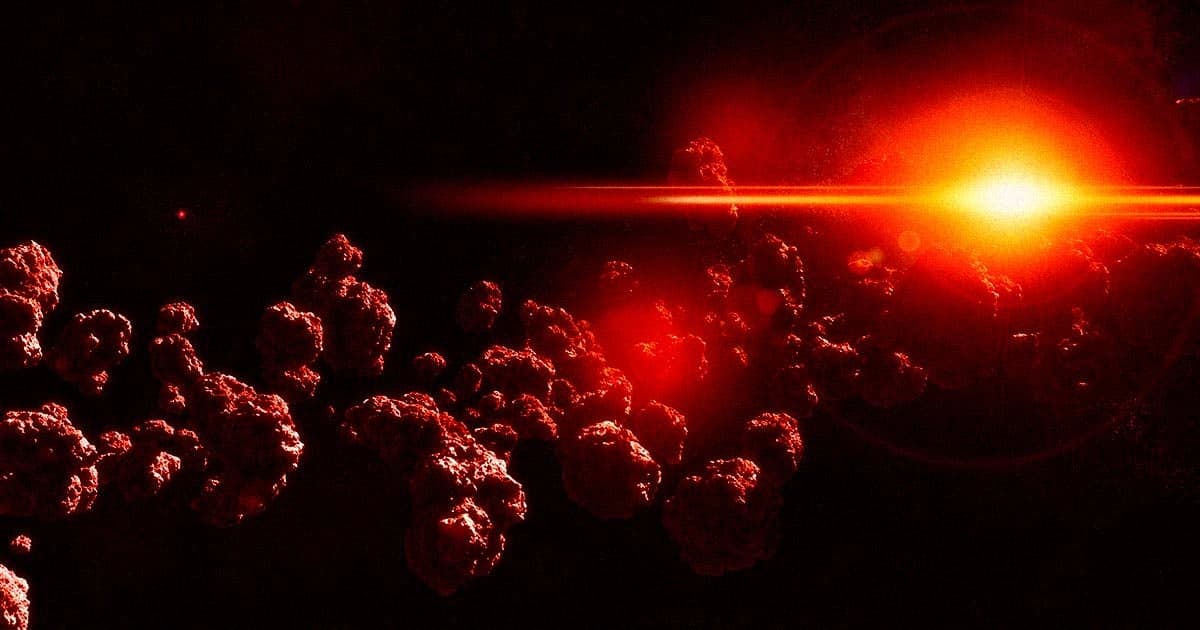
Almost All Meteorites That Hit Earth Are Coming From the Same Three Places, Scientists Discover (Image Credit: futurism-com)
The source of the asteroids.
Origin Story
Researchers have found that the vast majority of meteorites that plummet through the Earth’s atmosphere come from only three different asteroid families, which are groups of space rocks that resulted from the same collision millions of years ago.
As detailed in a paper published in the journal Astronomy and Astrophysics last month, as well as two papers published last week in the journal Nature, an international team of researchers demonstrated that 70 percent of all known meteorites that made it through the atmosphere came from just three young asteroid families.
These families — called Karin, Koronos, and Massalia — were formed around five, seven, and 40 million years ago respectively in our solar system’s main asteroid belt. Massalia was identified as the source for a whopping 37 percent of the meteorites.
In short, it’s a stunning commonality that could allow us to trace back the origins of recently visited asteroids and other space rocks that could pose a threat to humans on Earth.
Asteroid Ancestry
Young asteroid families are the result of large collisions, mainly in the asteroid belt. The ensuing fragments can be sent screaming through the solar system at extremely fast speeds. Some of these make their way all the way to Earth, a journey of several hundred million miles.
The scientists used computer simulations and a telescopic survey to reveal the ancestry of the majority of these meteorites.
Before now, a mere six percent of meteorites were traced back to either the Moon, Mars, or Vesta, one of the largest objects in the solar system’s asteroid belt, while the origin of the remaining 94 percent has been a mystery.
The researchers claim that the latest research means that the origins of more than 90 percent of meteorites have now been identified.
To figure out where the remaining ten percent are coming from, the team is now looking to hone in on other young asteroid families that were formed under 50 million years ago.
More on asteroids: Mysterious “Fifth Force” of Physics Could Be Influencing Asteroids Near Earth




